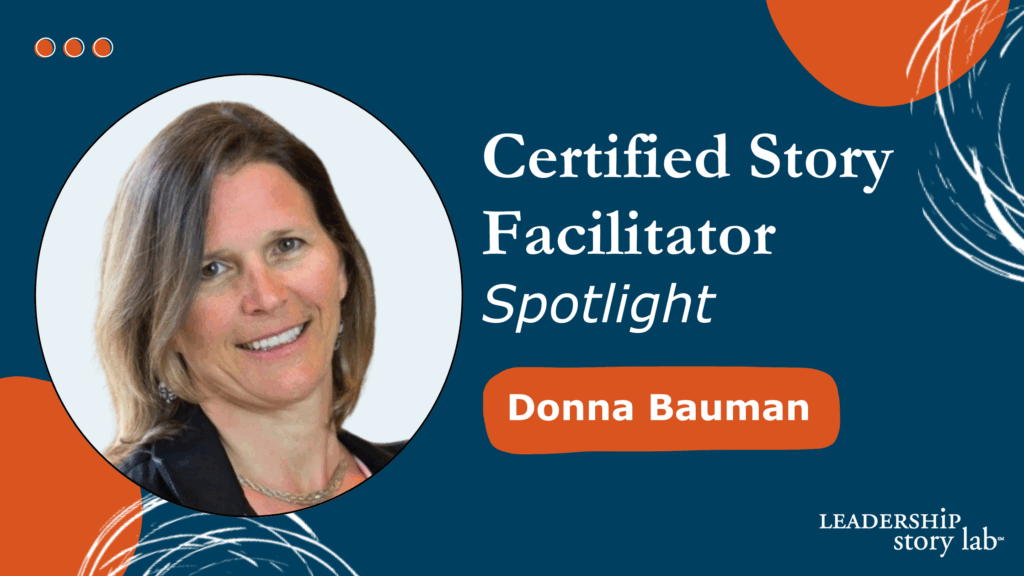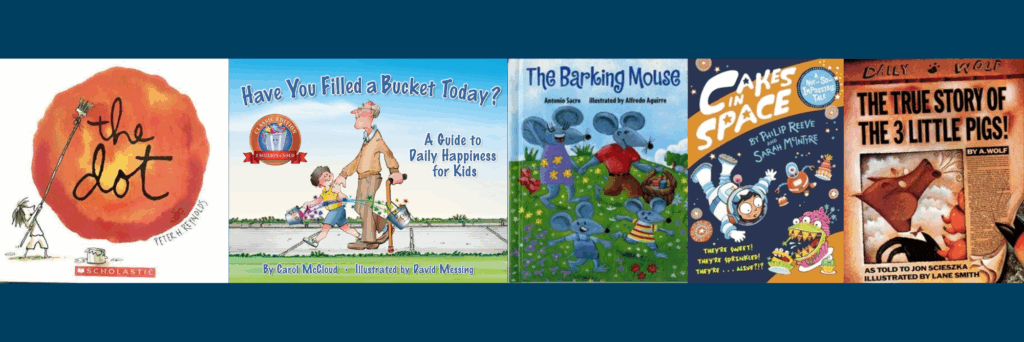August 9, 2024 / Esther Choy
 Still looking for the perfect summer read? Novels for business leaders can help us recharge while simultaneously building up our leadership skills without any jargon or esoteric theories. Social scientists demonstrate the power of great stories to help us grasp complexities — and what is leadership if not complexity?
Still looking for the perfect summer read? Novels for business leaders can help us recharge while simultaneously building up our leadership skills without any jargon or esoteric theories. Social scientists demonstrate the power of great stories to help us grasp complexities — and what is leadership if not complexity?
Novels for business leaders can help us transcend our current moment and allow us to share in new and different human experiences. Thus, reading fiction can have a profound impact on our relationships with other people — including those we lead and mentor at work.
While a great business book may inspire new methodologies, novels for business leaders can help us understand the messy problems that occur in human organizations by building our empathy muscles and exposing us to moral dilemmas. We learn by reading about the characters’ struggle to overcome these dilemmas. Clinical Professor of Leadership at the Kellogg School of Management Brooke Vuckovic says, “You basically have the world at your fingertips the moment you are willing to engage with fiction and to learn how to extract lessons from it for you as a leader.”
Learning from fiction doesn’t require us to remember keywords or strategic models like nonfiction often does. Rather, when we immerse ourselves in great stories, the big complex ideas — like learning to empathize, managing ambition, or facing tough decisions with courage, etc — are humanized and made tangible. What’s more, these lessons are like time-release capsules. We process the ideas slowly as we reflect on the choices of the characters. Their impact actually increases overtime.
So immerse yourself in a novel this summer — a complex story, where the characters face dilemmas that can help you reflect on yourself and the messy situations that arise in organizations of all shapes and sizes. What you learn will surely surprise you, and you’ll get to enjoy a good story along the way.
Summer Reading List For Leaders
This book list is by no means exhaustive. However, it contains a variety of books published in the 21st century that approach complexity in a way that will resonate with complexities current leaders must face. For example, Sheryle, a VP of a large financial institution, recently read The Personal Librarian and understood the issue of work-life balance in a new way. Because the main character in the novel was forced to keep her family and identity a secret from her employer, Sheryle started to wonder if any of her employees felt stifled in similar ways. She started to ask herself and her team, what parts of ourselves are not safe to bring to work and why? Is this helping our business be effective or is it hurting our employees? The book didn’t provide any answers about how to build a safe, inclusive work environment, but it did help Sheryle approach the topic with greater empathy.
For Steve, the second-generation owner and CFO of a family-owned manufacturing company, another book resonated in unexpected ways. After reading Crazy Rich Asians, Steve was able to imagine some of the insecurity some of the non-family executives must feel in their positions as outsiders to the family of owners. He became curious about their experience of nepotism versus meritocracy within the company, and started to ask more questions.
In any organization there are going to be complex dynamics, multiple points of views, and relationships that will benefit from greater empathy. Enjoy a book on this list and allow it to carry you to a new perspective.
The Personal Librarian by Marie Benedict and Victoria Christopher Murray
In this gripping historical fiction novel, published by Penguin Random House, authors Benedict and Murray take on the life of a little known figure: the personal librarian of J.P. Morgan. Born to a black family in the D.C. area, Belle da Costa Greene’s mother decides that will choose to “pass” as white. While this choice opens many doors for Greene, it also comes at great costs. The novel delves into the complex life of the heroine who struggles to make difficult choices, while shedding a light on her incredible legacy, including — convincing Morgan’s son to donate the incredible collection to New York City after his father’s death.
Leadership themes: racism, ambition, legacy, work-life balance, identity, empathy
My Brilliant Friend by Elena Ferrante, translated by Ann Goldstein
My Brilliant Friend is the first of four related novels by Italian writer Elena Ferrante, published by Europa Editions that spans decades of friendship between Lila and Elena. In this novel, readers are immersed in their childhood and coming of age. Lila is beautiful, intellectually brilliant and magnetic. Quite the opposite, Elena struggles to keep up with Lila. Exacerbating the uneven standing of the friends, Elena is allowed to continue her formal education beyond elementary school while Lila’s family forces her to quit school to start working. Watch these girls grow and learn how to navigate a complex world of friendship, gendered-expectation, and social structures, while balancing their own desires for love, meaning, and stability.
Leadership themes: ambition, jealousy, friendship, economic struggle, glass ceiling, empathy, competition
Klara and the Sun by Kazuo Ishiguro
In the hands of a masterful writer, Kazuo Ishiguro, the questions of Artificial Intelligence dominating many headlines today become embodied in a dystopian future not so different from our own world. Eerie, suspenseful and full of beautiful language and ethical dilemmas, this book immerses you in the world of Klara, an artificial friend, tasked with helping Josie, a lonely and ill adolescent, make it to college. Neither servants nor tutors, artificial friend’s like Klara are supposed to provide companionship and through Klara’s outsider perspective readers learn the complex choices facing the humans she is supporting.
Leadership themes: technology, ethical dilemmas, loneliness, courage, empathy
Crazy Rich Asians by Kevin Kwan
Many people by now have enjoyed the glamor and intrigue of the movie Crazy Rich Asians, but the novel has more to offer than pure entertainment. With a third-person omniscient narrator, the novel allows the reader to spend time more deeply with a larger array of characters. This helps expose the complexities of the relationships between the characters and their backstories. While the movie version provides resolution for many of the characters, the book delves more deeply into the flawed characters. If you loved the movie for its glitz, you’ll love the novel as well as it is equally as lush and humorous as the movie.
Leadership themes: wealth, socio-economic gaps, reputation, outsider vs. insider, power dynamics, empathy, nepotism, income equality
The Devil’s Element: Phosphorus and a World Out of Balance by Dan Egan
For those die-hard nonfiction readers, here’s an in-depth investigation, published by W.W. Norton, that reads like an epic novel, spanning generations and venturing around the globe. With searing stories about people who engage with phosphorus — scientists, bystanders, farmers, refugees, etc. — this book turns the little-discussed element into a character in its own right, helping a general audience understand why phosphorus is newsworthy.
Leadership themes: unintended consequences, power, ethical dilemmas, empathy, interconnectedness, collective action
If these novels for business leaders have left you inspired to learn more about how storytelling can empower your leadership, you can learn more about leadership storytelling in my book Let The Story Do The Work.
Business Storytelling Book: Let the Story Do the Work from Leadership Story Lab on Vimeo.
Better Every Story
Leadership Transformation through Storytelling
"This is an amazing and insightful post! I hadn’t thought of that so you broadened my perspective. I always appreciate your insight!" - Dan B.
Get Esther Choy’s insights, best practices and examples of great storytelling to your inbox each month.




